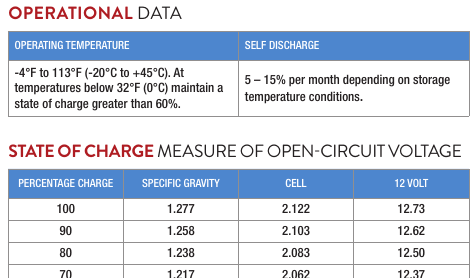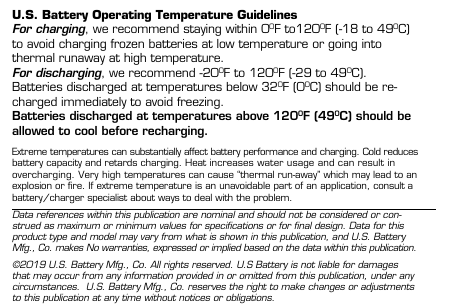Leaf spy was occasionally showing sub 12 voltages, so I suspected my 5 year old battery was nearing end of life.
After driving, I left the car off for 5 hours with a Digital volt meter hooked to the battery. Starting at 12.2, every hour the battery voltage dropped about another .1 volts ending up at 11.8.
I took it for a drive to go buy a battery and the leaf charger quickly takes it up to 14V (leafspy reporting). Weather was bad so could not replace the battery immediatley.
However, to quickly mimic the 4 hour "off" wait, I pressed the ON button twice without pressing the brake, the car comes in an an accessory mode. Reading the battery voltage after a few seconds, and the battery was at 11.8V and falling rapidly, turning on more accessories made it drop faster (internal resistance of the battery is getting high!)
This morning after being off for several hour, I simply replaced the battery.
Leaf powered up fine, but threw a few TCU errors (leafspy DTC read) which I cleared in leafspy. Done and Done. Nothing horrible.. just did it. By the way purchased a 51R, bolted right in...
The only wierdness is that the battery clamp was loose prior to replacing the battery.
After driving, I left the car off for 5 hours with a Digital volt meter hooked to the battery. Starting at 12.2, every hour the battery voltage dropped about another .1 volts ending up at 11.8.
I took it for a drive to go buy a battery and the leaf charger quickly takes it up to 14V (leafspy reporting). Weather was bad so could not replace the battery immediatley.
However, to quickly mimic the 4 hour "off" wait, I pressed the ON button twice without pressing the brake, the car comes in an an accessory mode. Reading the battery voltage after a few seconds, and the battery was at 11.8V and falling rapidly, turning on more accessories made it drop faster (internal resistance of the battery is getting high!)
This morning after being off for several hour, I simply replaced the battery.
Leaf powered up fine, but threw a few TCU errors (leafspy DTC read) which I cleared in leafspy. Done and Done. Nothing horrible.. just did it. By the way purchased a 51R, bolted right in...
The only wierdness is that the battery clamp was loose prior to replacing the battery.






